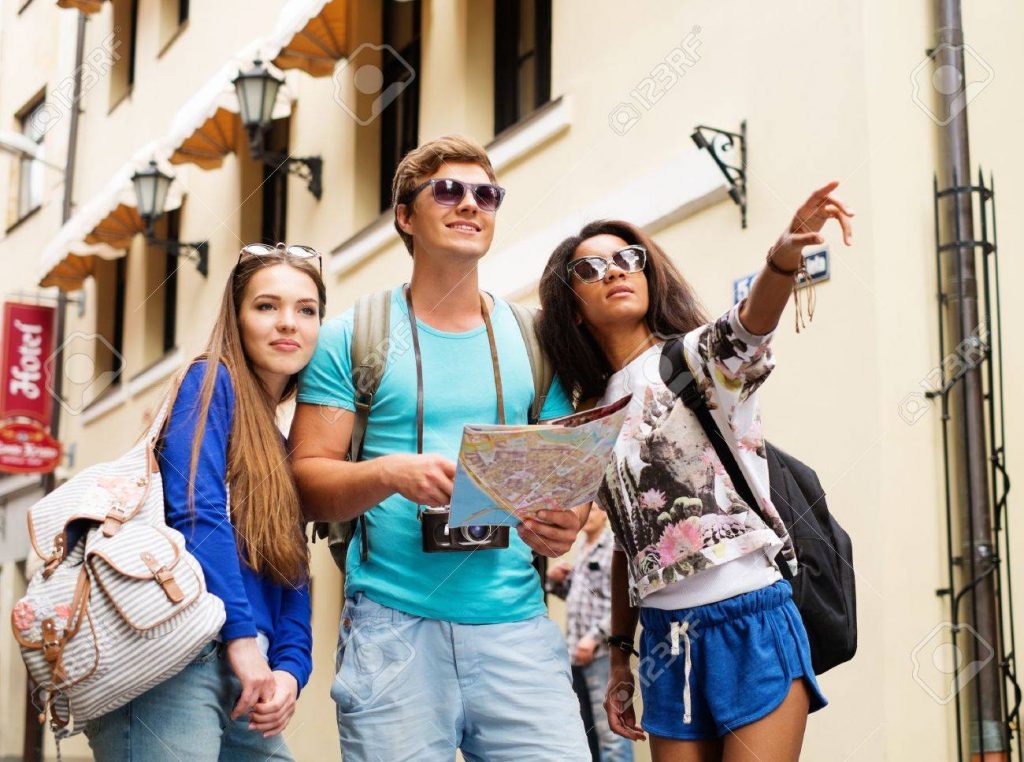THE ISLAND OF MONOMULTI (3 cultures)
Exercise in which three different cultures meet and have to co-operate.
Aims
- to raise awareness of diversity and consequences
- to start the discussion about how to deal with differences
- to experience a multi-cultural situation
Time
1,5 – 2 hours (incl. evaluation)
Group size
20 – 30
Material
cartoon, scissors, glue, pencils, role cards (7 for each groups), 3 x observation questions
Instructions
The group is divided in 3 groups. Each group gets their role card and they have 25 minutes to prepare their culture as described on the role card. On all role cards is said that they should practice it very profound. After this preparation the whole group comes together.
Then, the trainer will instruct those (5 min.):
An enormous storm in this area has caused that your ship went down to the bottom of the ocean. You managed to reach this desert island. It seems also other ships wrecked because you have already noticed that groups from other ships managed to get here.
The island is very mountainous and there seems to be only one spot where it’s possible to live. Which means that you have to live together with the other groups that reached the island. Because of the location of the island it’s not expected that help will arrive before the end of next month. So you have to survive for at least five weeks.
Food doesn’t seem to be a problem. There are lot’s of fruits growing and all kind of animals to hunt.
The first concern is to built a shelter where all people can sleep and hide in case of heavy rain and storm and which can protect you against wild animals. It’s important to do this as fast as possible because this area is known for sudden changing weather conditions. You’ll have to do it together with the other groups because there’s not enough space and material to built more then one shelter.
The material for building the shelter: cardboard, scissors, glue, rulers and pencils. The shelter must be stable and should at least be 100 cm high and 150 cm wide. It should have a roof and of course a door.
You have 25 minutes to build the shelter.
Questions for observers:
(each culture has one observer)
* How do they ‘practice’ their culture?
* Are there any differences, how people practice their role in this culture?
* Are they successful in working with the other cultures?
* What main problems do they meet in dealing with the other cultures?
Observers give feedback (max. 2-3 min.) about their personal notes to their cultural group during evaluation in the small groups.
Evaluation
Culture groups – 15-30 minutes
- How did you feel during the simulation?
- What do you think about the construction-process?
- Were there moments where you felt insecure or not respected?
- What do you think are the characteristics of the other cultures?
- 3-4 minutes feedback from observers
Deroling in plenary – 5 minutes
– bring back their symbols and any short comments to put in the middle
Plenary – 25-30 minutes
- Can you see a link between this simulation and reality?
- What can we learn from this simulation? – put results on flip chart
- optional: focus on facts, feelings, interpretations
COLDONIA
In your culture ‘intelligence’ and ‘hard working’ are the central issues. Other cultures consider you as ‘cold’. But you see yourself as a very successful and wealthy country, mainly because of your very effective way of working.
You don’t discuss feelings, you like intellectual debates on logical arguments. Showing your feelings is considered childish. Self-control is seen as an important quality.
Religion totally disappeared in your country and is considered as ‘stupid’ and ‘a waste of time’.
You greet other people by looking in their eyes. Freedom of space is very important in Coldonia. That’s why you never touch people while greeting or communicating and you don’t like to be touched. Touching other people is only used as an invitation for sexual intercourse, which in Coldonia has little moral implications and is mostly done as a relaxing and physical exercise.
Your body language reflects your culture. You only use small gestures, your back is straight and you stay always calm.
It’s very normal in Coldonia to interrupt another person whenever you feel the need to do that.
An important characteristic of Coldonians is that they are very willing and see it as their task to teach and train other cultures in order to help them to become as efficient and as successful as you are. Whenever you have the opportunity to teach other cultures you do it.
Coldonia is famous for building big oil-platforms and huge bridges.
Because your behavior is natural to you, you cannot explain it to strangers.
Now you have 15 minutes to prepare yourself in your own group. Practice the behavior! Also make sure that there is one thing that shows in your appearance that you are from the same country. (e.g. the way you dress, the way you do your hair etc.) It’s very important to practice well because you will need it in the follow-up
TURTELINA
In Turtelina ‘friendship’ and ‘taking care of each other’ are important values. Turtelinians show their feelings all the time and personal feelings are always the central issue in communication. Your face and your gestures show how you feel. You always touch each other. When you talk to someone you hold his or her ear. You stand close to the other. A distance more then 30 cm is considered as rude. When you greet somebody you put his or her hand on your heart. Any reference to sex is taboo and considered offending.
Time is very important in Turtelina. You are never in a hurry. You like to take your time. When you work together you first want to be sure that the atmosphere is good. So you ask the others all the time how they feel and you inform them about your feelings.
Interrupting people when they are speaking is considered impolite. You wait till they have finished their story. When people interrupt you, you feel rejected and you react very emotionally.
Turtelina is well known for their round shaped colorful buildings. Houses are always built in round shapes because this reflects friendship and harmony.
Because your behavior is natural to you, you cannot explain it to strangers.
Now you have 15 minutes to prepare yourself in your own group. Practice the behavior! Also make sure that there is one thing that shows in your appearance that you are from the same country. (e.g. the way you dress, the way you do your hair etc.) It’s very important to practice well because you will need it in the follow-up
SMILIA
In Smilia ‘politeness’ and ‘friendship and harmony’ are the most important values. You don’t like conflicts; you consider arguments as impolite behavior. That’s why you don’t know the word ‘no’. Even when you don’t agree you say ‘yes’. You always smile at people, also when you don’t like their attitude.
When you are working together and somebody asks you to do something you don’t want to do, you say ‘yes’ but you always find a way not to do it.
Smilia is a very religious country. In daily life this means that you pray often. Every five minutes you stop whatever you do to come together to worship your gods. You do that by sitting together and whistling.
The Smilians greet each other by rubbing each other’s legs. While speaking to each other your feet or legs are always in touch with the other ones feet or legs. You don’t touch each other up from the waist; it’s for example not allowed to touch shoulders, heads, hands or arms.
You have very strict rules towards tools and materials. Cardboard and scissors are male and cannot be used by women. Rulers and pencils are female and cannot be used by men. Glue can be used by both sexes.
Smilia is famous for its paintings and interior decorations.
Because your behavior is natural to you, you cannot explain it to strangers.
Now you have 15 minutes to prepare yourself in your own group. Practice the behavior! Also make sure there is one thing that shows in your appearance that you are from the same country. (e.g. the way you dress, the way you do your hair etc.) It’s very important to practice well because you will need it in the follow-up.








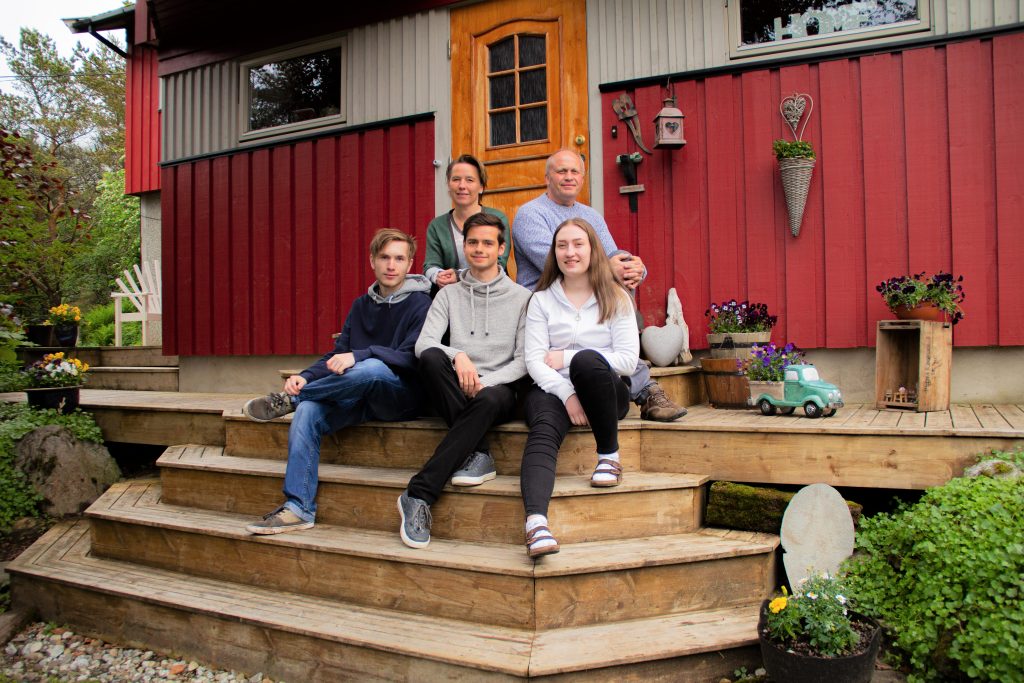
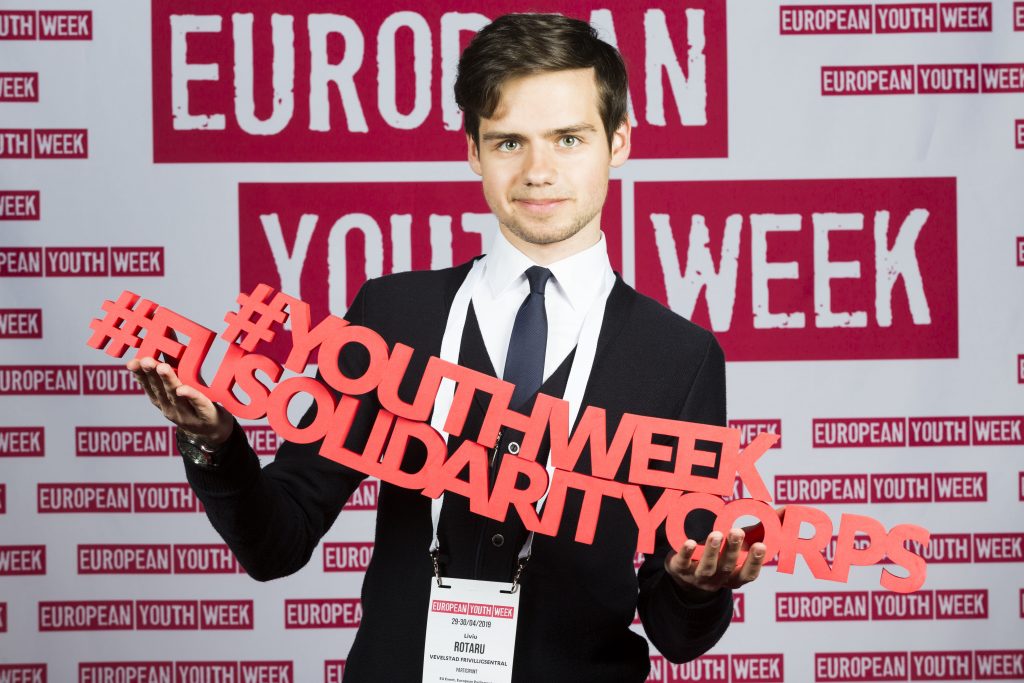
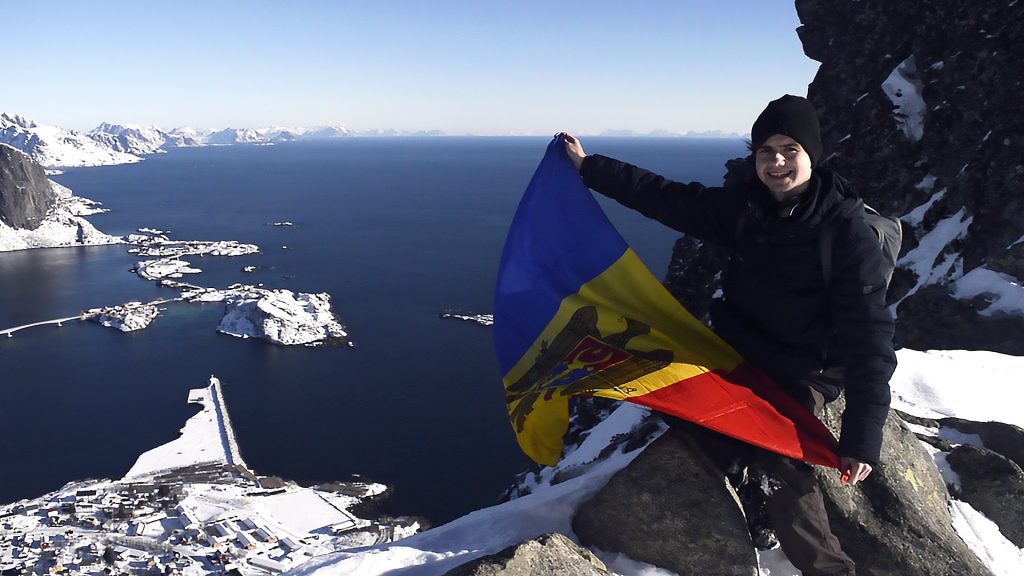
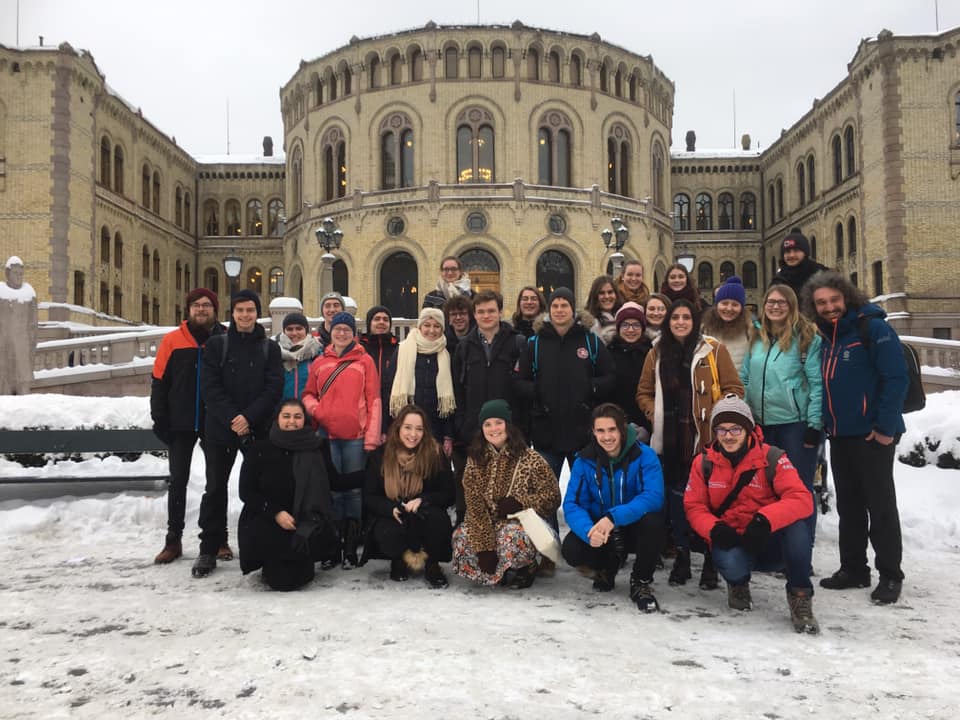 I’ve never thought that my heart can bear so much emotion or so much life, and now my heart is divided between to places… It is a tremendous feeling and I can only wish it to anybody who is brave enough to take such a challenge!”
I’ve never thought that my heart can bear so much emotion or so much life, and now my heart is divided between to places… It is a tremendous feeling and I can only wish it to anybody who is brave enough to take such a challenge!”
